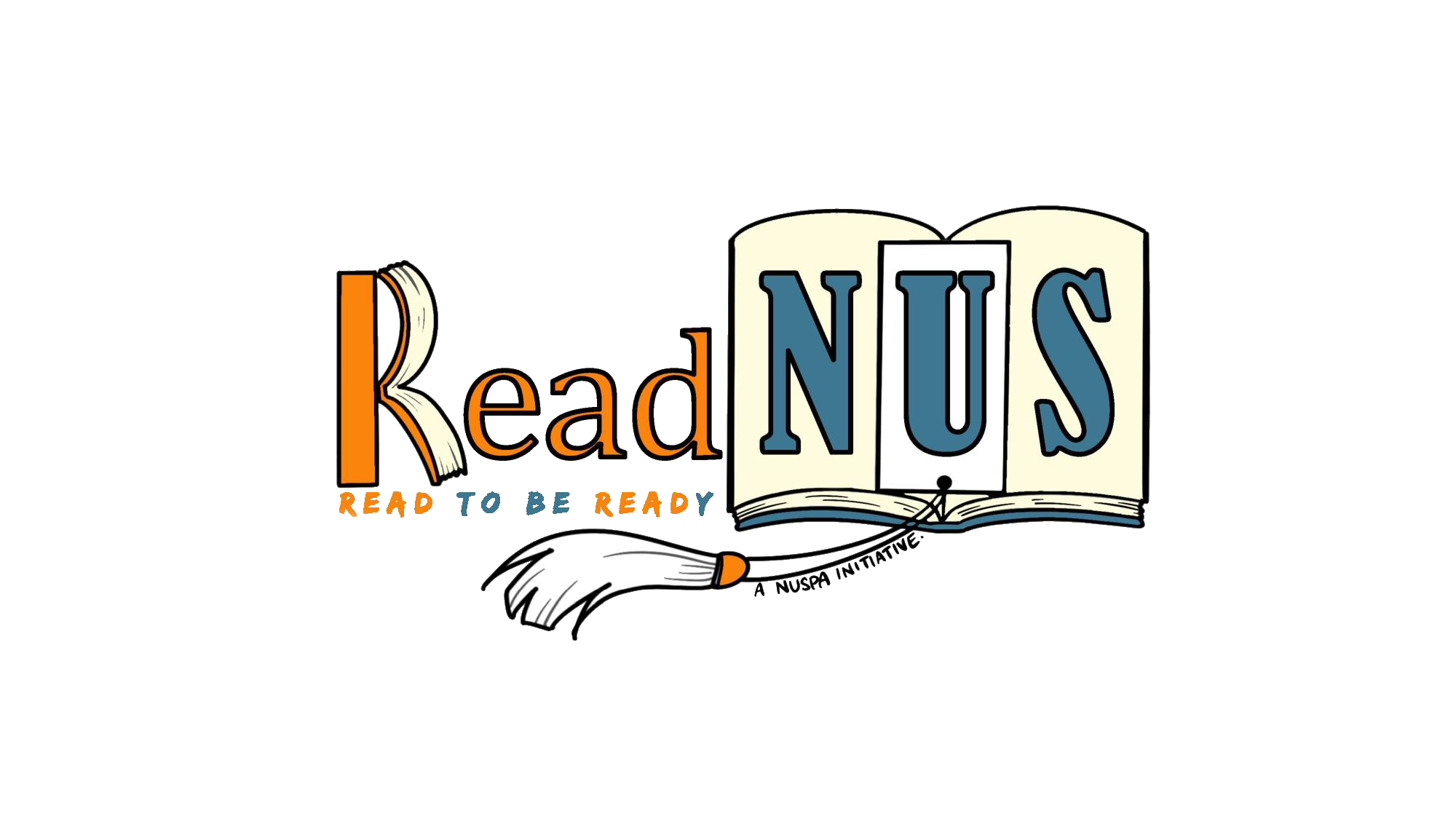5 Book Recommendations For Vesak Day
Vesak day is the time when Buddhists around the world commemorate the birth and, for a segment of the community, the enlightenment of Buddha. On top of celebrating his life, many Buddhists also spend the day ruminating on his teachings and their own personal life journey. In lieu of this, we felt that it would be apt to acknowledge this special day by picking out a few books that draw inspiration from Buddhist ideas. Though these Books deal with Buddhism, they touch less on the religion itself and work more to elicit universal lessons and ideas from Buddhist philosophy that can resonate with people from beyond the faith.
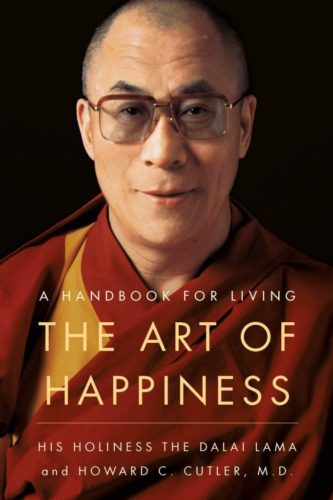
The Art of Happiness by The Dalai Lama
The Dalai lama is the spiritual leader of Tibet and one of the most recognizable religious and political figures in the world. His fame has largely been driven by highly publicized international campaigns, where he often shares insightful nuggets of wisdom, as well as the immutable aura of positivity and optimism that he maintains in his interactions with people. Given the peaceful and charismatic nature of his being, it is no surprise then that this book in which he shares the secrets to maintaining his outlook on life would go on to garner such an overwhelmingly positive response from readers. Despite being over a decade old, this book remains highly relevant in a world that rife with social and political challenges that place enormous emotional stress on our psyche and it continues to inspire many authors to put pen to paper in contribute to the thriving genre of positive psychology.
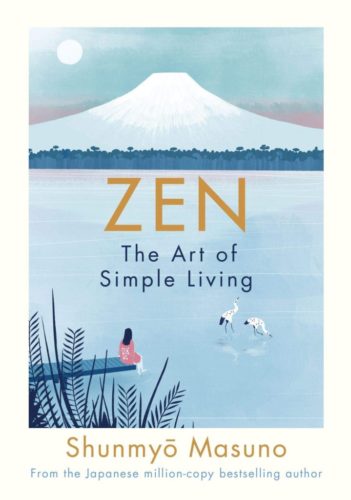
The Zen art of simple living by Shunyo Masuno
As much as modern life awards us with a slew of privileges, it can be extremely stressful, erratic and downright exhausting. Yet the keys regaining control and balance in life may not necessarily lay in making big life-changing decisions but in in making small adjustments that that can accumulate to impact our lives in a more subtle but powerful way. This is the core idea put forward by Shunyo Masuno in his critically acclaimed book. Full of clear, pragmatic, and simple lessons, the book is a useful instructional for those who seek to restore some level of peace and balance in their lives, one small step at a time.
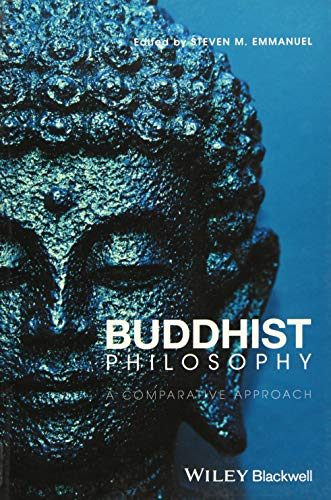
Buddhist philosophy: A comparative approach, by Steven M. Emmauel
This book caters much more directly to the more ardent fans of philosophy, both eastern and western. While the previous books explored how we can apply teachings loosely inspired by Buddhism to our daily lives, this book directly delves into Buddhist philosophy to unpack its ideas through an exploration of its more prominent texts and authors. This is achieved largely comparing juxtaposing the Buddhist treatment of certain philosophical concepts against that of the west. Comprised of contributions from a variety of scholars in the field, this book promises to be an enlightening read for anyone interested in exploring the relation between eastern and western philosophies.
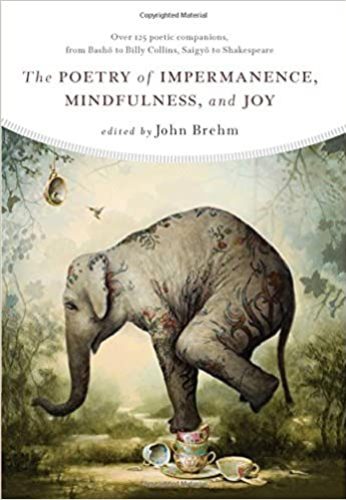
The poetry of impermanence, mindfulness, and joy by John Brehm
Asides from philosophy Buddhism has also had a big impact on art, particularly in literature and poetry. This book stands as a testament to this fact and features a wide range of poetry written by Buddhist poets such as Han Shan, Tu Fu, Saigyo, Ryokan, Basho and Issa. Most poems revolve around easily relatable themes of compassion, friendship, humor and spirituality. What’s more it also includes works from western poets like Wallace Stevens, Robert Frost, Elizabeth Bishop as well. All of whom share a connection to the teachings of Buddha as well. Comprising of elements of both east and west, this book promises to be a fun read for anyone looking for something that is both accessible and deep.
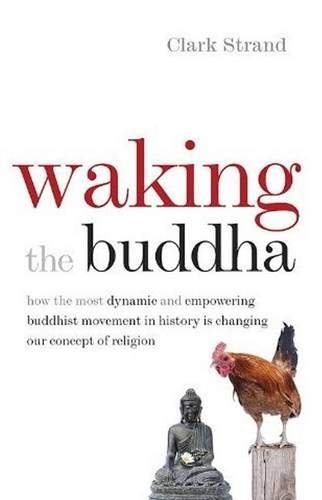
Waking the Buddha by Clark Strand
The place of religion in modern life is a matter of heated debate. Some argue that religion is still broadly influential while others are of the opinion that it should become a solely private matter. In this book, however, Clark Strand, a Buddhist teacher, journalist, and editor, demonstrates how religion continues to play a significant role in shaping socio-political life through his examination of the Soka Gokkai movement. One of the largest and most dynamic Buddhist movements today, the Soka Gokkai movement has set an example of how religion can be revitalized to positively effect communities. Through following the struggles of Soak Gokkai’s founders, the. Book tells a story of resilience that challenges stereotypes of Buddhism while also shedding light on how it has transformed in recent times.
